Here's an example you can try ...
IF OBJECT_ID('tempdb..#Appointments') IS NOT NULL DROP TABLE #Appointments
IF OBJECT_ID('tempdb..#Visits') IS NOT NULL DROP TABLE #Visits
SELECT * INTO #Appointments FROM (VALUES
(6, 'Fred', CAST('2020-07-22' as datetime)),
(6, 'Fred', '2020-09-22'),
(6, 'Fred', '2015-05-14'),
(7, 'Barney', '2020-07-25'),
(8, 'Wilma', '2020-08-15'),
(9, 'Betty', '2020-09-10')
) S(patient_id, patient_name, appt_date)
SELECT * INTO #Visits FROM (VALUES
(6, CAST('2020-07-23' as datetime), 'BP: 51, HR: 56', 1),
(6, '2020-09-25', 'BP: 52, HR: 56', 2),
(6, '2015-05-22', 'BP: 53, HR: 56', 3),
(7, '2020-07-27', 'BP: 54, HR: 56', 4),
(7, '2020-08-22', 'BP: 55, HR: 56', 5),
(8, '2020-08-22', 'BP: 56, HR: 56', 6),
(8, '2020-09-02', 'BP: 57, HR: 56', 7),
(8, '2020-10-31', 'BP: 58, HR: 56', 8),
(9, '2020-09-11', 'BP: 59, HR: 56', 9),
(9, '2020-10-21', 'BP: 60, HR: 56', 10)
) S(patient_id, vitals_date, vitals_info, visit_id)
SELECT * FROM #Appointments
SELECT * FROM #Visits
SELECT
A.*,
V.*
FROM
#Appointments A
LEFT JOIN #Visits V ON
V.visit_id = (
SELECT TOP 1 V2.visit_id FROM #Visits V2 WHERE V2.patient_id = A.patient_id AND V2.vitals_date >= A.appt_date ORDER BY V2.vitals_date
)
-- updated to change date format

